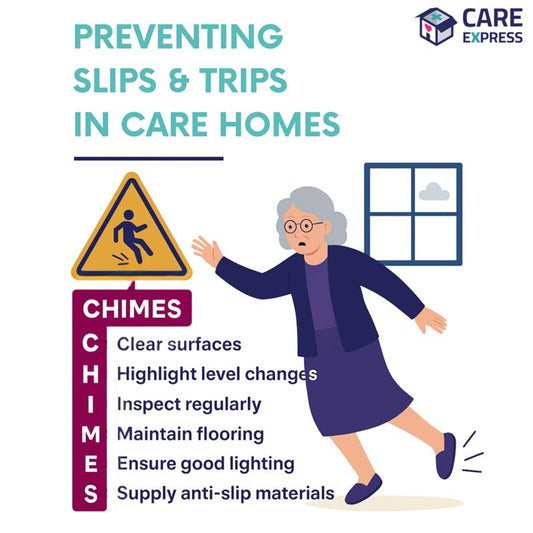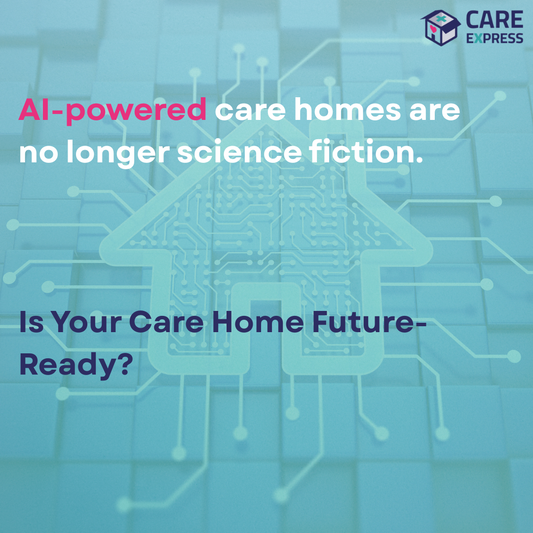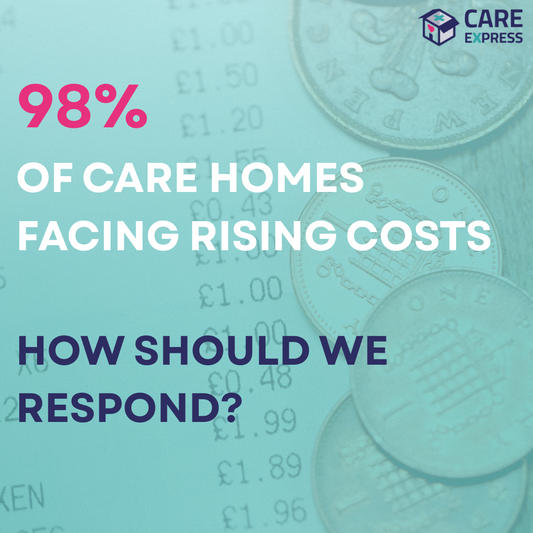The Current State of Dementia Diagnosis and Care: Why Change Must Come Now
The recent report from Care England, developed in collaboration with Dementia Forward and Nightingale Hammerson, paints a stark picture: dementia care in England is fragmented, chronically underfunded, and often inaccessible to the very people who need it most¹. Diagnosis delays have worsened—from an average of 13 weeks in 2019 to 17.7 weeks, with some people waiting as long as two years for a formal diagnosis².
These delays mean late access to support, missed opportunities for early planning and therapeutic trials, and increased strain on caregivers. With UK diagnosis rates hovering around 65% of estimated cases—and wide regional disparities—no one should assume that necessary support will arrive in time³.
The Core Problems Holding Back Progress
1. Excessive delays and postcode lotteries
Waiting times can reach up to 104 weeks depending on location². Memory Assessment Services (MAS) are often under-resourced, with inconsistent service models and limited coordination. Integrated Care Systems (ICSs), intended to streamline healthcare delivery, currently provide a patchwork of access.
2. Low awareness and stigma
Dementia is still widely misunderstood. Many assume it's simply part of ageing, and stigma continues to prevent families from seeking support early. Certain ethnic and low-income communities face additional cultural and communication barriers that further delay diagnosis⁴.
3. Workforce training gaps
There is a serious shortage of dementia-specific training across health and care settings. From continence management to effective communication, care quality often suffers when staff aren’t equipped to meet the complex needs of people living with dementia⁵.
4. Fragmented post-diagnostic support
Receiving a diagnosis is just the beginning. Unfortunately, many families find themselves without clear next steps, structured guidance, or emotional and practical support. Post-diagnostic care remains inconsistent, depending on where you live and which services happen to be available⁶.
5. Missed opportunities in technology
New diagnostic technologies—such as biomarker-based blood tests—could accelerate diagnosis timelines and enable earlier treatment. But without the infrastructure and education to support their rollout, these innovations risk being available only to a select few⁷. Similarly, assistive technologies like telehealth and GPS tracking are underused due to limited funding, low awareness, and digital exclusion.
Care Express Perspective: What We Must Do
1. Advocate for a national dementia strategy
We fully support the call for a robust, centralised strategy. This should include clear diagnostic timeframes (e.g. no more than six weeks from GP referral to MAS), diagnosis rate targets per ICS, and mandatory reporting to improve transparency.
2. Invest in care workforce training
It’s time to embed dementia-specific training into all relevant roles—across the NHS, social care, and private providers. This includes practical skills like communication and continence care, as well as broader person-centred approaches that restore dignity and independence.
3. Improve navigation through the care journey
We propose piloting a dementia “Navigator” role—support staff dedicated to guiding families from diagnosis through to post-diagnostic support and future planning. This role has seen early success in North East London and could be scaled to other ICSs.
4. Support innovation responsibly
Care Express welcomes promising innovations like blood-based diagnostic testing. But innovation must come with education, infrastructure, and equitable access. Technology should empower everyone, not just the digitally fluent.
5. Tackle stigma and close the awareness gap
We believe awareness campaigns need targeted outreach to underserved communities. Tackling cultural stigma, improving GP engagement, and partnering with community leaders will be key to reducing inequalities.
6. Expand access to assistive tech
Let’s make technology work harder for dementia care. GPS safety devices, remote monitoring, fall sensors, and simplified tablets should be more widely tested in real-world care environments—and made accessible through better funding and training.
Final Thoughts
The Care England report is a wake-up call—but it also shows a way forward. Delays of up to 104 weeks, inconsistent support, and widespread inequalities simply aren't acceptable in 2025. As a sector, we can do better. Care Express stands ready to play our part—collaborating with care homes, local authorities, and partners to improve care outcomes and remove barriers at every stage of the dementia journey.
We believe in a future where every person living with dementia is diagnosed early, treated with dignity, and supported with the tools and care they deserve. Let’s make that future a reality.
References:
- Care England. The Current State of Dementia Diagnosis and Care in England. https://www.careengland.org.uk/the-current-state-of-dementia-diagnosis-and-care-in-england/
- CareTalk. Care England Launches Critical New Report on Dementia Diagnosis. https://www.caretalk.co.uk/news/care-england-launches-critical-new-report-on-dementia-diagnosis-and-care-in-england/
- The Carer UK. Wide Regional Variation in Dementia Diagnosis and Support. https://thecareruk.com/care-england-launches-critical-new-report-on-dementia-diagnosis-and-care-in-england/
- NHS England. Dementia and Equality. https://www.england.nhs.uk/mental-health/dementia/
- Wikipedia. Dementia Caregiving. https://en.wikipedia.org/wiki/Dementia_caregiving
- Nightingale Hammerson. State of Post-Diagnostic Support. https://nightingalehammerson.org/reach/practical-advice/state-dementia-diagnosis-and-care-in-england/
- The Sun. New Alzheimer’s Drug Access Delays. https://www.thesun.co.uk/health/28443443/eight-ten-dementia-risk-patients-miss-alzheimers-drugs-nhs/








